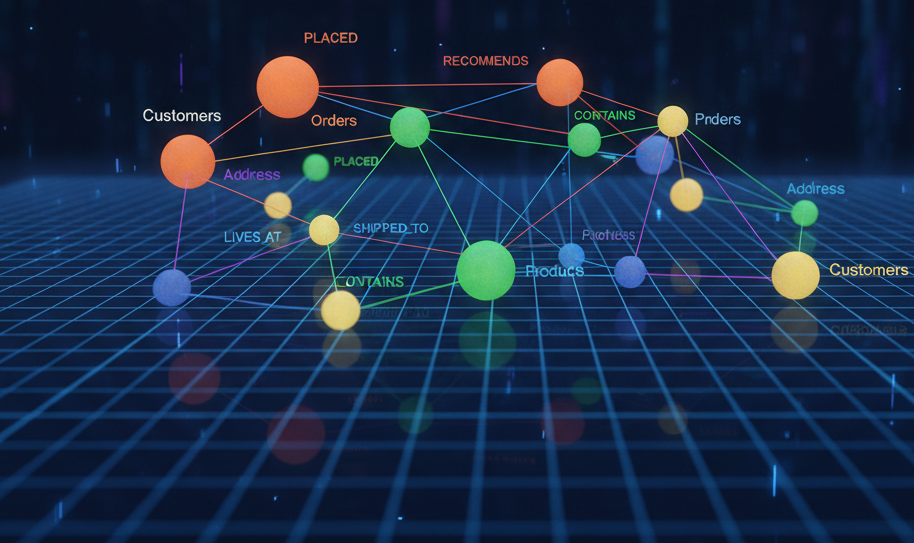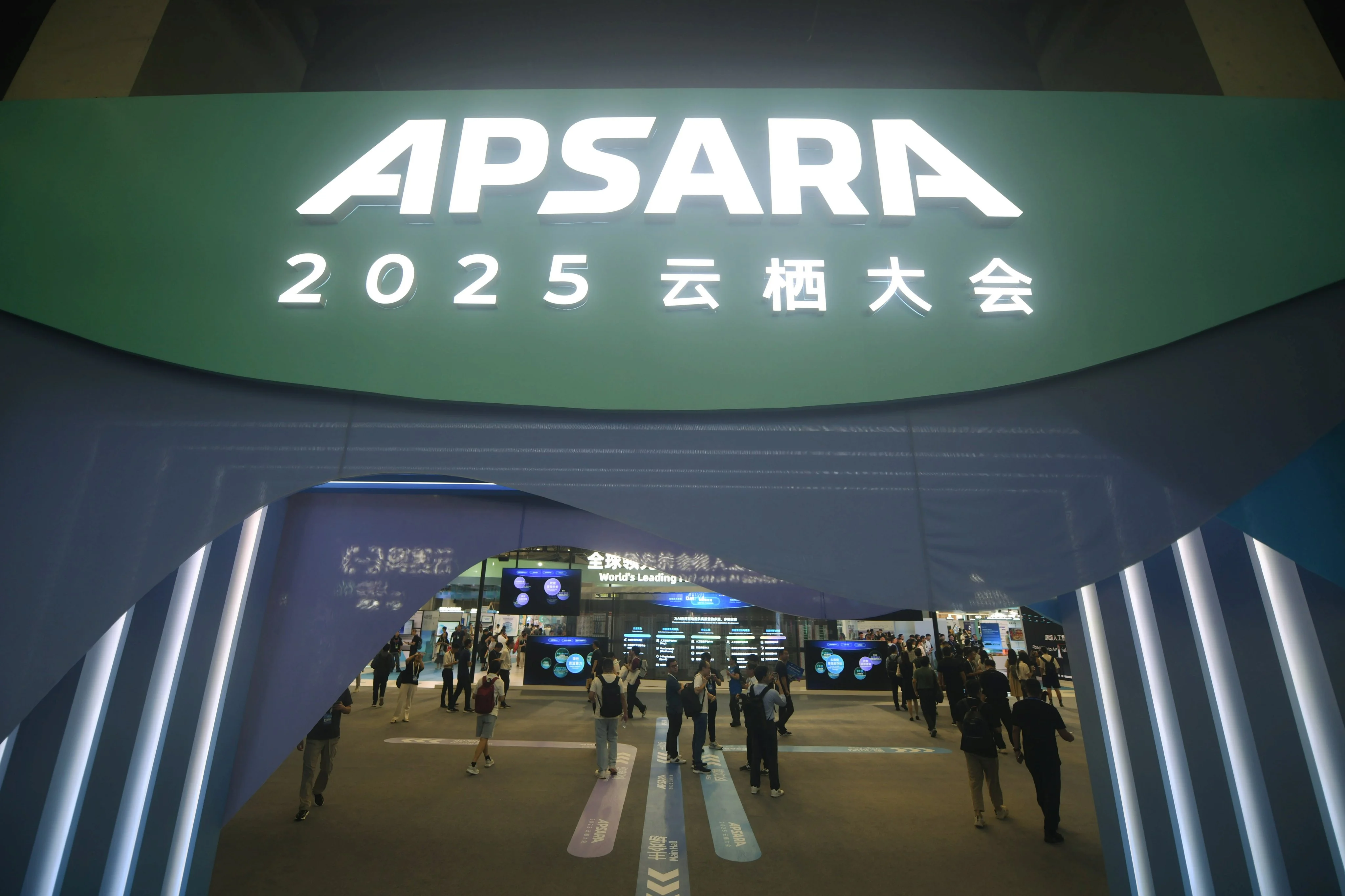
Graph database provider Neo4j Inc. today announced that it will invest $100 million to accelerate its role as what it calls the “default knowledge layer” for agentic systems and generative artificial intelligence.
The move is intended to fund product development, support startups and expand executive leadership as enterprises push to artificial intelligence into operation at large scale.
The company said the investment, which was approved by its board, is drawn from its existing core business rather than external funding. Neo4j said it passed $200 million in revenue in 2024, and reported six-fold growth in generative AI customers over the last year. The reinvestment comes at a time when many organizations are struggling to move beyond pilot projects, often because models lack context and memory, which are capabilities that graph technology is designed to provide.
“Agentic systems need contextual reasoning, persistent memory and accurate, traceable outputs, all of which graph technology is uniquely designed to deliver,” said Emil Eifrem, Neo4j’s co-founder and chief executive.
The company also introduced two offerings designed to simplify the process of building AI agents that operate on enterprise data.
Neo4j Aura Agent enables organizations to build, test and deploy agents grounded directly on their enterprise data. It’s based on Graph retrieval-augmented generation, an advanced AI technique that enhances large language models by integrating them with knowledge graphs to provide more accurate, contextually rich, and deterministic responses. The offering, which is now in preview, includes automated orchestration and Artificial Intelligence for IT Operations for graph-based knowledge retrieval. General availability is expected later this year.
The new Model Context Protocol Server for Neo4j integrates graph-based memory and reasoning into existing AI applications. It supports natural language queries, auto-generation of graph data models, persistent memory and automated database management. A supported version will be released in the fourth quarter.
The company also launched a startup program that it says will cover one of the largest dedicated cohorts of AI-native ventures to date. Neo4j said more than 1,000 startups are expected to join over the next 12 months. Participants receive access to cloud credits, technical support and business assistance. The program has already enrolled 142 startups.
“Eight out of ten GenAI-native startups I speak with are re-platforming on Neo4j,” said David Klein, co-founder of One Peak Partners LLP and a Neo4j board director.
Graphs model entities and their relationships, making them useful for building AI agents that require structured memory and contextual reasoning. Graph databases link information in a network of nodes and edges, enabling agents to trace connections, infer relationships and preserve context over time. This approach underpins explainable and persistent AI behaviors, which are critical in enterprise environments.
Neo4j said its technology is already supporting autonomous agent deployments at companies including Uber Technologies Inc., Walmart Inc. and Klarna Inc., where they process large volumes of interconnected data spanning customers, transactions and operations.
Image: SiliconANGLE/Google Gemini



